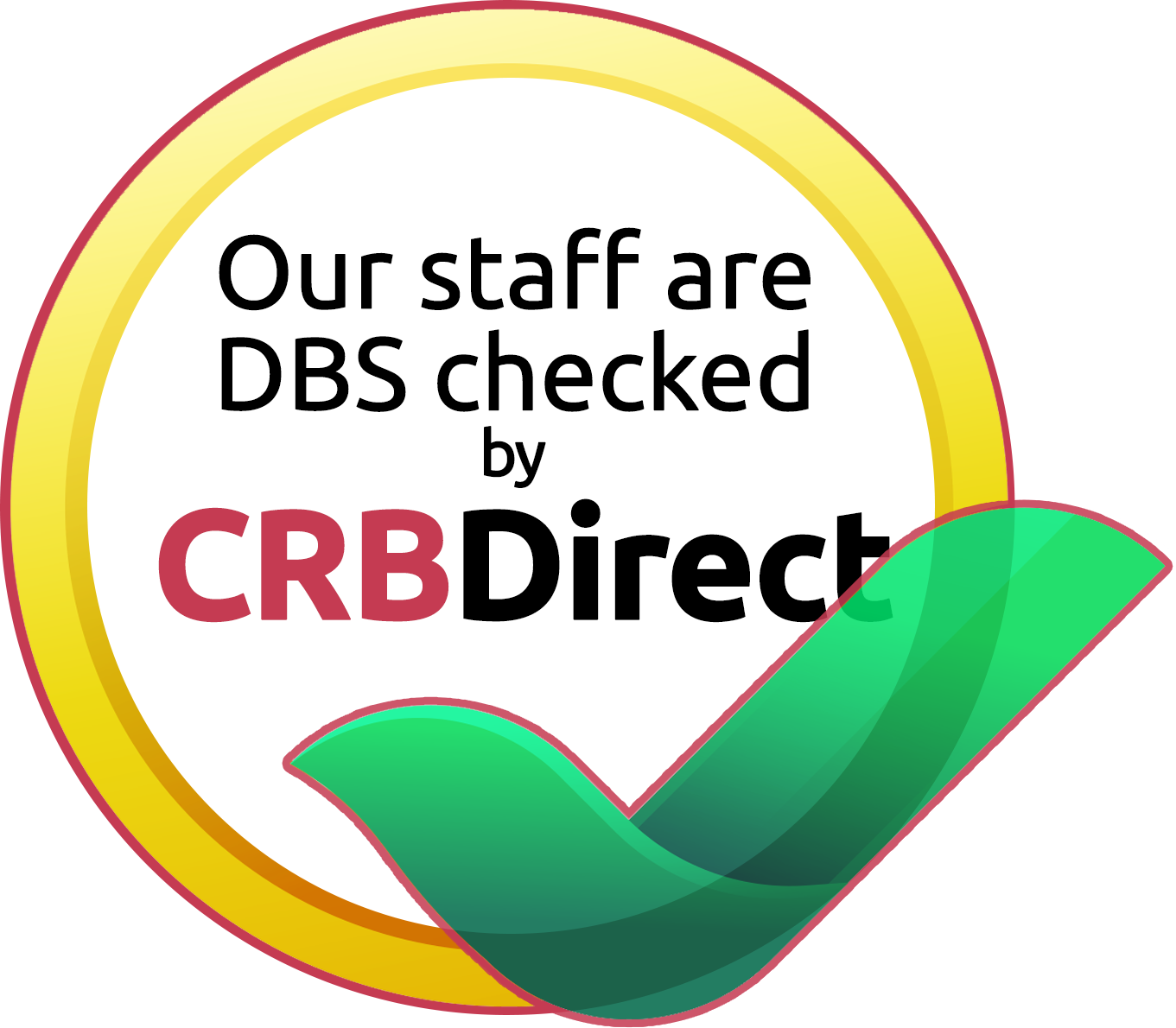Are you confused about all the different sorts of checks which people have before starting work? Then you’re not alone. Most people are aware that employers check police records as part of the application process. There’s still a lot of confusion about when this is done and why. The fact that the system has changed names from CRB to DBS has complicated matters further. Enhanced disclosure, DBS check, credit referencing, barring checks – it’s all very confusing. And just to make things worse, we’re going to throw another term into the mix. What are disqualification checks?
Where Disqualification Checks Apply
 These types of checks filter out people who have been banned, or formally disqualified for a certain profession. It’s not about people who have done a poor job, or who have been sacked in the past. Disqualification, also known as barring, is a formal legal process. It’s a bit like a medical professional or a lawyer getting struck off the register. If you commit a crime which is so severe that the judge decides you should never work in that sort of job again, they will legally bar you. Your name is then put on a register. There are two registers, one listing people banned from working with children, and the other concerning adults. Someone might be on one register, or both.
These types of checks filter out people who have been banned, or formally disqualified for a certain profession. It’s not about people who have done a poor job, or who have been sacked in the past. Disqualification, also known as barring, is a formal legal process. It’s a bit like a medical professional or a lawyer getting struck off the register. If you commit a crime which is so severe that the judge decides you should never work in that sort of job again, they will legally bar you. Your name is then put on a register. There are two registers, one listing people banned from working with children, and the other concerning adults. Someone might be on one register, or both.
Usually, once your name is on the register, it stays on for life. Most names on the register are people convicted of violent or sexual crimes. Serious fraudsters might find themselves on the list too. It’s a crime to apply for a job when you know that you have been legally barred from that type of work. Disqualification or barring applies to voluntary work as well as to paid positions. Furthermore, an enhanced disclosure will throw up the offences which led to the barring order in the first place.
Disqualification by Association
A slightly different issue is that of disqualification by association. The law about this has recently changed, and organisations are still getting up to speed with the changes. Under previous legislation, schools could also ask about the backgrounds of other adults living in an employee’s house. That could mean that the adult son or daughter of a serious sexual offender could find themselves unable to get a job in the school because of the crimes of their parent. This is called disqualified by association. The applicant themselves has done nothing wrong. Most people could see that this wasn’t really fair.
So in autumn 2018, the rules changed. Currently, only people providing home based childcare can be disqualified by association. So someone married to and living with a violent criminal can’t register as a childminder, for example. That same person would however be able to get a job in a nursery or hospital though. Schools are currently re-writing their safeguarding policies to take account of the changes. Some might not be on the ball with new requirements. If you think that disqualification by association might affect you, then take legal advice on your individual position before applying.
